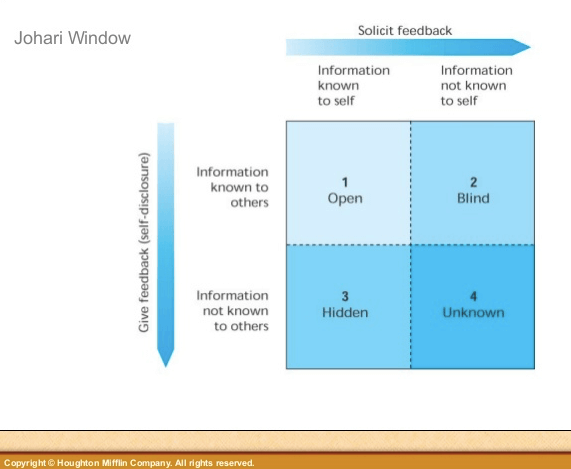Revenue blind spots and more – Q&A with Bryan Eisenberg
February 26, 2019What are revenue blind spots and how do they impact organizations? PIMpoint Summit keynote speaker, Bryan Eisenberg, shares his insights.
We sat down with Bryan Eisenberg, co-founder of Buyer Legends, NY Times bestselling author, and marketing expert to learn about the concept of revenue blind spots, marketing today, and customer experience. Eisenberg will keynote PIMpoint Summit 2019 this April in Malmö, Sweden sharing insights with 1,000 marketing, e-commerce, and customer experience professionals. This is our first PIMpoint blog post in a series highlighting event speakers and thought leaders who will join us at the event.
Eisenberg’s latest book that he co-authored, “Be Like Amazon: Even a Lemonade Stand Can Do It,” highlights key pillars of focus that are critical to success, yet often overlooked in marketing and business today. If you haven’t read it yet, do yourself a favor and buy it today. The book is insightful, informative, and completely enjoyable.
Revenue blind spots
Before diving into the interview, Eisenberg outlined the concept of revenue blind spots. The concept traces back to when he was studying for his master’s degree in social work and he became aware of the Johari Window, a model of self-disclosure, which has stuck with him and his co-founder and brother, Jeffrey, since they started their business.

The Johari reference is relevant to much of the work done by the Eisenberg’s today. Their early work in optimization has influenced how they help brands bring out the hidden areas of their business. According to Eisenberg, “Every customer has their own Johari Window. For businesses to be successful, they must identify the blind spots.”
Inriver: “How did your early career choices lead you to where you are now?”
Bryan Eisenberg: “My brother looked at sales and marketing strictly as transactional and I came in with the perception that these two things were about relationships, disclosure, and bonding.”
“As retail keeps evolving, we think it’s all digital that consumers want. However, we are still craving that brand connection that people can align themselves with. That connection is where my brother and I converge and look at the blending of the two areas – transactional and relationships to help bridge the gap for our clients.”
Inriver: “Where did your passion for marketing come from?”
Bryan Eisenberg: “I wouldn’t call it marketing. When most people think about marketing, they think it is advertising or product development, and that isn’t the focus anymore. The focus now is helping customers buy and understand how we create interactive conversations to make that happen. Everyone thinks salespeople are responsible for that, but it is much more expansive than that. Helping customers buy extends to everyone in an organization, not just sales. Today, most customers are willing to pay more for better customer experiences and many different teams and departments are responsible for that.”
Inriver: “What inspires and influences your writing?”
Bryan Eisenberg: “To be a writer you need to have a diet of words. I try not to read too much within our own industry because I don’t want to use someone else’s words or sway the way I think. I like looking at tangential industries for inspiration. I also listen to different audio books. I spend a lot of time reading coaching books because a good coach makes a good mentor.”
Inriver: “In your book, ‘Be Like Amazon’ you discuss how businesses can plummet if they don’t have the consumer’s best interest at heart. Can you describe how Amazon has shaped or formed the consumer-based model?”
Bryan Eisenberg: “Amazon did it as a faith-based initiative. Jeff Bezos sold the idea that if you let us serve the customers and develop a relationship with them over the long term, then it will become profitable.”
“No one believed him. However, today every customer expects the customer experience of a Disney, the communication style of a Zappos, the seamlessness of an Uber, and the speedy efficiency of Amazon. These expectations impact every company from B2B and B2C. This is how Bezos can be successful in cloud services, retail, and brick-and-mortar, but also even in media (Washington Post). Bezos has said the way most organizations structure growth is wrong. Solving this is how he is staying ahead of customer expectations.”
Inriver: “What is the most interesting e-commerce trend you’ve seen recently?”
Bryan Eisenberg: “Voice is important, that is a given and it is relevant across many areas. I did an analysis after I came back from National Retail Federation (NRF) recently. In previous years, everybody seemed to be pushing innovative ideas, but right now we are looking at robots and in-store checkout with mobile retail to build better delivery, better operations. Right now, we’re playing catch-up.”
“Today, operations are the new marketing and investments have been on creating great operations. However, the experience model is changing. It’s much more than just delivering products.”
Inriver: “Thank you Bryan – always such a cool and informative experience talking with you. See you in Malmö.”
Want to learn more from Bryan? Join us at PIMpoint Summit 2019 to learn more about how to uncover revenue blind spots and get the inside scoop on his next book (that just happens to be paperless).
Registration is now closed, check out PIMpoint digital for more information.
